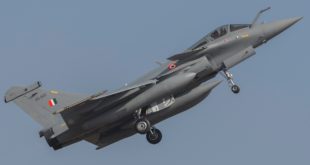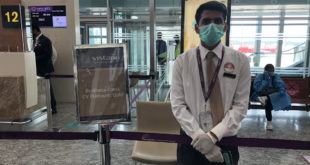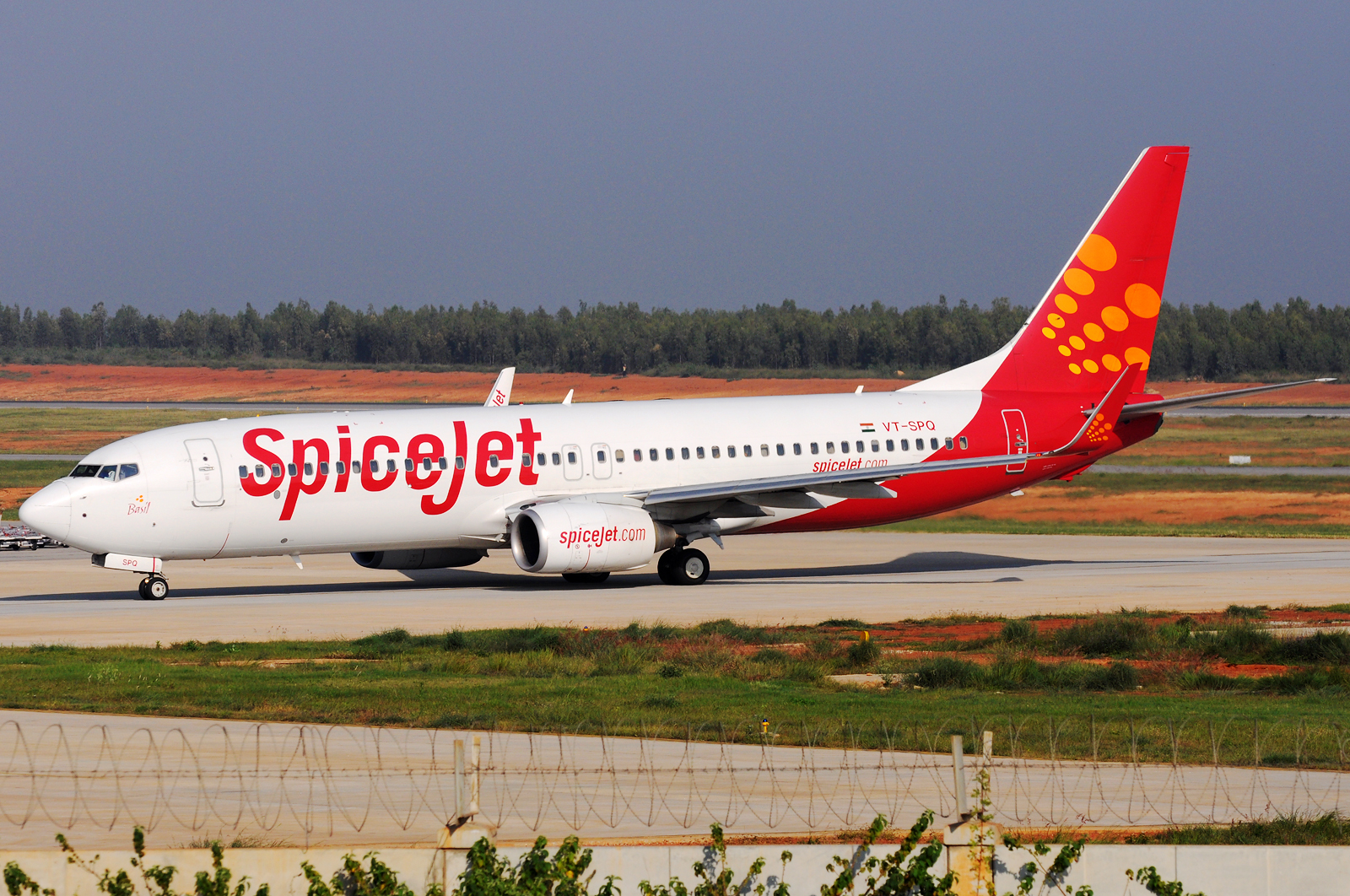Aviation insiders have known for many years what AirAsia boss Tony Fernandes dared publicly state the day before yesterday, after his meeting with civil aviation minister Ajit Singh. Vested interests have shaped, nay, distorted Indian civil aviation policy.
One of the more shameful rules of Indian civil aviation is the policy of allowing Indian carriers to operate international flights only after they have been in operation for five years, and have a fleet of at least 20 aircraft.
The worst aspect of this rule is that it applies only to Indian carriers. So while even newly formed airlines from our neighbours like Mihin Lanka, flyDubai, etc., could fly to India, a perfectly capable IndiGo or SpiceJet were forced to watch their competitors establish themselves, while they themselves had to sit idly by. Even today GoAir is unable to operate international flights since its fleet is smaller than the mandated 20 aircraft, forcing the airline to lobby and seek an exemption from the rule.
 The blind ambition to operate international flights before it completed the five year requirement, was one of the driving reasons for Vijay Mallya promoted Kingfisher Airline’s disastrous acquisition of the loss-laden Air Deccan, which is now acknowledged as a major reason for the ultimate demise of the liquor baron’s airline.
The blind ambition to operate international flights before it completed the five year requirement, was one of the driving reasons for Vijay Mallya promoted Kingfisher Airline’s disastrous acquisition of the loss-laden Air Deccan, which is now acknowledged as a major reason for the ultimate demise of the liquor baron’s airline.
We completely agree with Fernandes that this bizarre rule has held back Indian airlines while other airlines in the region have formed and grown to become large stable businesses, thus causing a loss to the nation.
Fernandes appeared to confirm insider information when he used the name “Naresh”, most likely referring to Naresh Goyal, the politically super-connected boss of Jet Airways, who is thout to be the “vested interest” behind this bizarre policy decision.
Fernandes though, should remember history and use caution when blaming “vested interests” for distorting government policy. Back in 2006, his partners in AirAsia India, the Tatas, actively lobbied the finance department to apply a different yard-stick from the then national auto policy, and made their fledgling Indica car qualify as a “small car” and obtain lower excise duty benefits which it would otherwise not be entitled to, while its competitors would.
A 2006 report explains
While the Auto Policy defines a small car as being up to 3.8-metre long and the 6-digit excise notification in the official tariff book places a cap of 1,000 cc on the engine capacity for a car to qualify as ‘small’, the Budget made cars up to 4 metre in length and having an engine capacity of 1,200 cc (petrol) and 1500 cc (diesel) eligible for the lower, 16% excise slab.
This means, had the finance minister stuck to the existing definition, petrol models such as Hyundai Santro and Maruti WagonR would not have become eligible for lower excise. Under this definition, the upcoming diesel variants of Swift and Getz will also become eligible for lower excise since the engine capacity cap for diesel versions has been placed at 1,500 cc. But, just a few weeks after the budget was passed, two major automobile companies have begun lobbying for extending these concessions further.
Officials confirmed that two companies, including the Ratan Tata-led Tata Motors, have sought further relaxation.
 Fernandes’ outburst is understandably, also vested. After all, he is responsible to the shareholders of his business for delivering results. One way for his new venture AirAsia India to quickly grow, would be to operate internationally.
Fernandes’ outburst is understandably, also vested. After all, he is responsible to the shareholders of his business for delivering results. One way for his new venture AirAsia India to quickly grow, would be to operate internationally.
Today AirAsia cannot carry passengers all the way from south east Asia to the middle-east on its narrow body A320s, since the distance it too great. At the same time. some of the routes would not have enough traffic to fill the wide-body A330s of AirAsia X. But if AirAsia India flies overseas, it can be fed by its sisters AirAsia, and Thai AirAsia who would bring passengers to the Indian hubs and transfer them on their Indian sister along with Indian passengers for the onward journey to the middle-east.
Is this a case of the pot calling the kettle black? Or is Tony Fernandes genuinely interested in universal change to fair play rules? Share your thoughts via a comment.
 Bangalore Aviation News, Reviews, Analysis and opinions of Indian Aviation
Bangalore Aviation News, Reviews, Analysis and opinions of Indian Aviation



